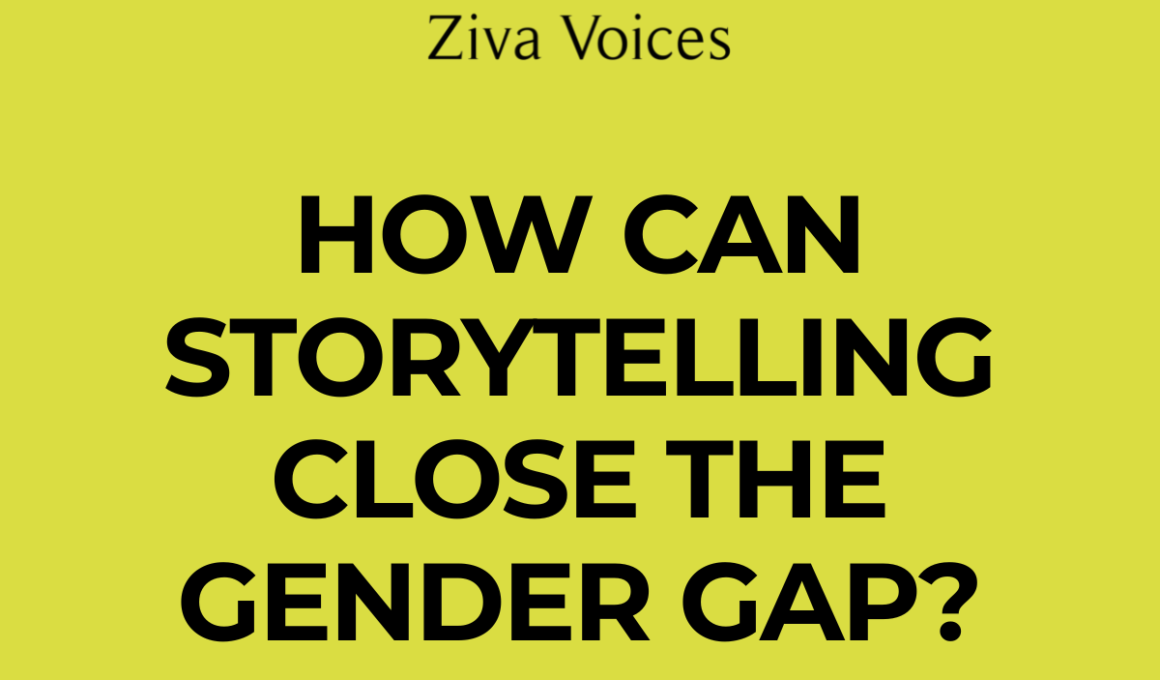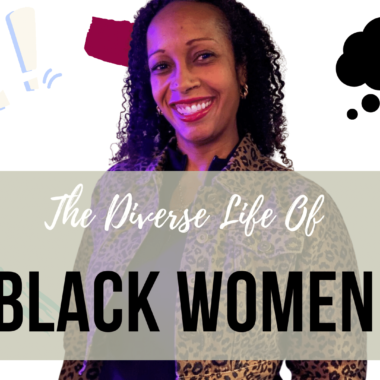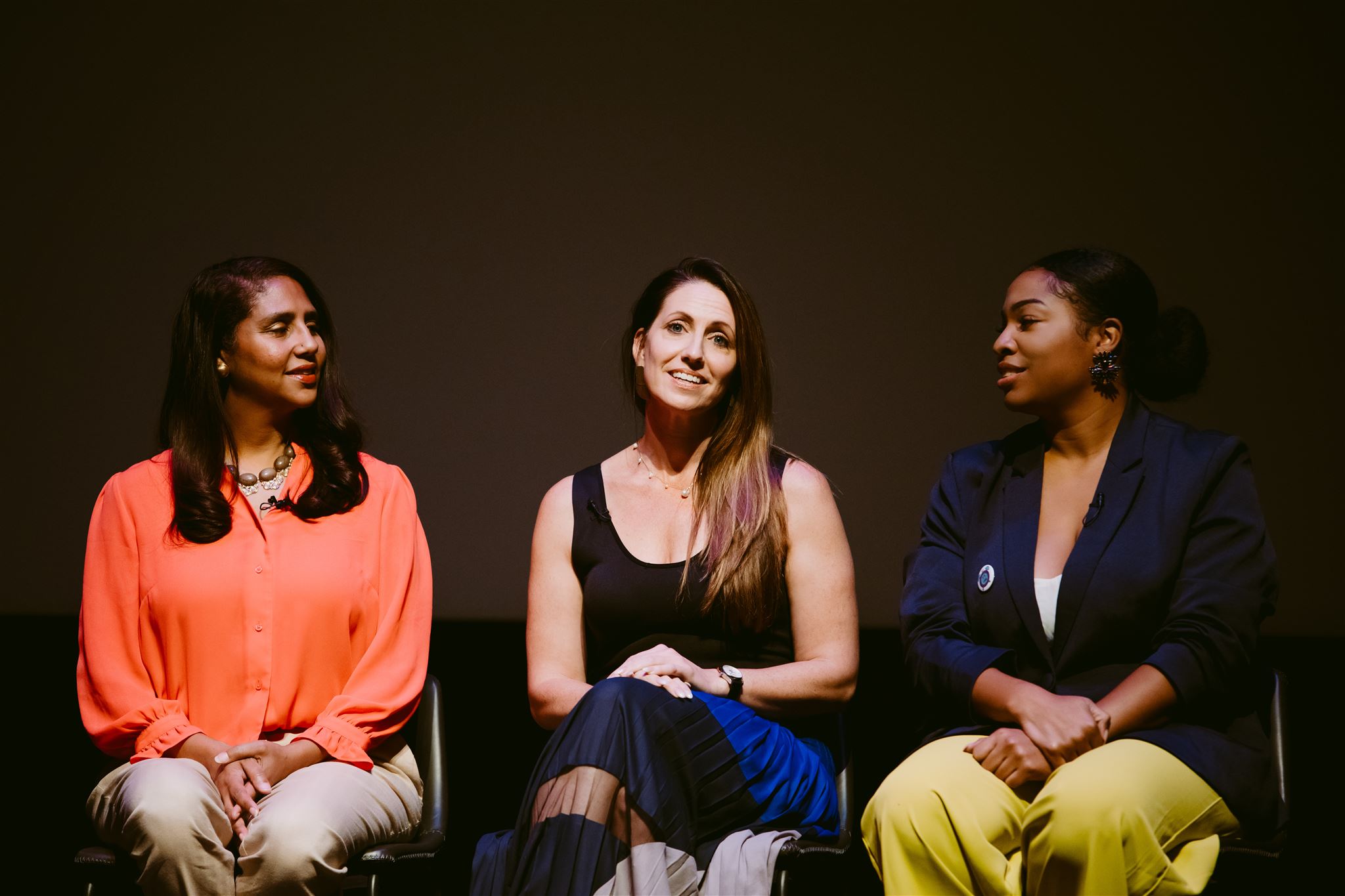by Dr. Kinga Mnich
If we are to work towards a more equal and just society, it is crucial that we examine the role of storytelling in closing the gender gap.
The importance of storytelling is visible in moments of history but, equally noticeable is the lack of stories about women in that history.
Table of Contents
The power of storytelling
Stories have the power to shape our beliefs, attitudes, and behaviors, and they can also either reinforce, or challenge, gender stereotypes and norms. We can help to counteract the insidious effects of gender bias and discrimination by deliberately creating and amplifying stories showcasing women’s experiences and contributions: highlighting how women have been leading communities for centuries, building businesses and, even when forced to remain invisible, influencing our politics.
Through storytelling, we can also identify the struggles and triumphs of women and girls, drawing attention to the challenges they have faced and inspiring others to join the fight for gender equality. By then sharing these stories, we will create a collective vision of a world in which women and girls are valued and respected, and in which they have equal opportunities and equal access to resources.
In conclusion, let us embrace the power of storytelling as a tool for change. Let us tell the stories of women and girls, and let us work together to create a world in which gender equality is a reality for all.
What is storytelling?
Storytelling is the art of conveying a narrative through words, images, or other media. It is a way of sharing information, experiences, and emotions that captivates the audience and creates a connection between the storyteller and the listeners. Storytelling has been used since ancient times to educate, entertain, and preserve cultural traditions.
Most of us use storytelling in our daily lives and professions. Storytelling plays an especially significant role in social studies, more specifically, in ethnographic research, as it gives space to subjectivity and, through that, allows for creating more distance – albeit with a touch of objectivity. (In my opinion, no matter how much anyone strives for true objectivity, it is impossible for a human to be completely objective!).
As science allows us to delve deeper into the study of human behavior and of our cultures, it is imperative that we recognize the significance of storytelling in both that research, and in creating systemic change in our organizations and our society.
Storytelling provides a window into the personal experiences and perspectives of the individuals and communities being studied. It frequently offers insights that are often not revealed through more structured research methods.
How storytelling is being used in research and organizational development?
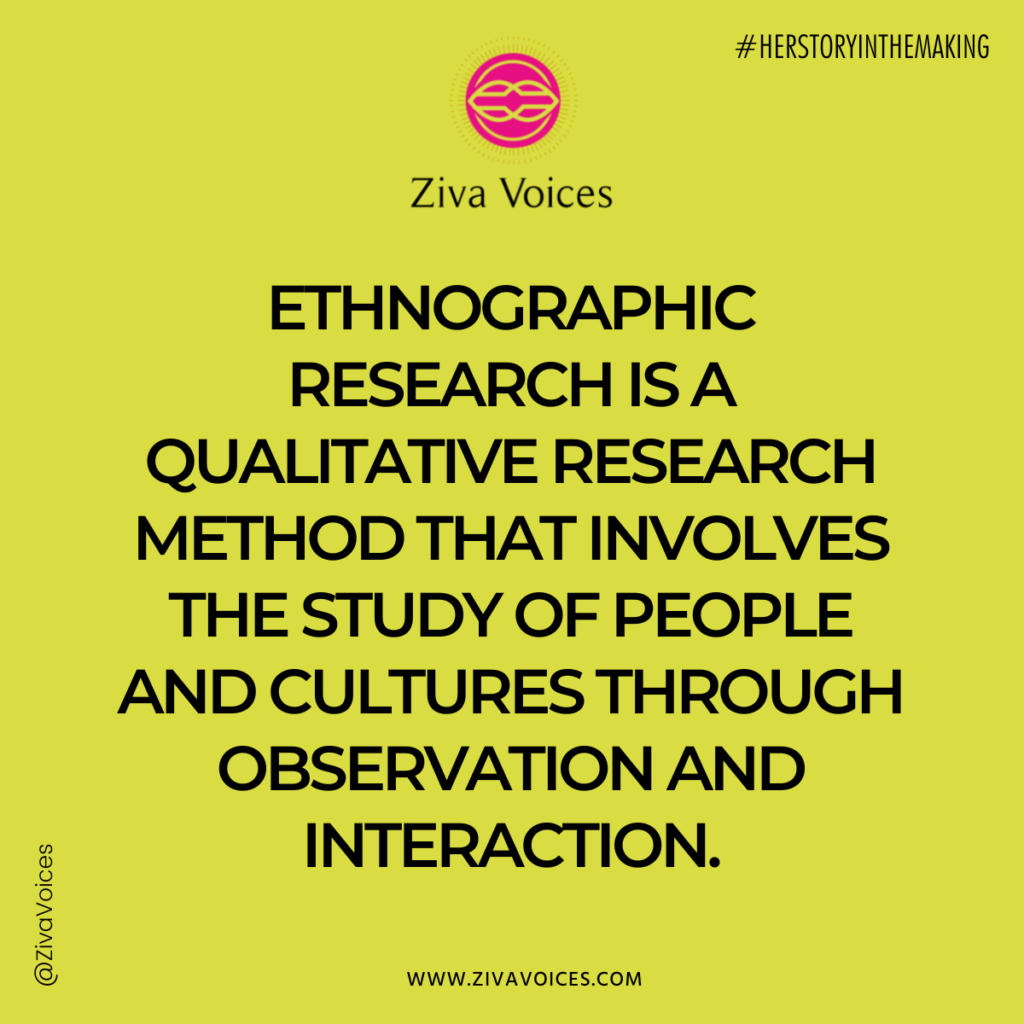
In ethnographic research, storytelling is a powerful tool for gathering data and gaining a rich and nuanced understanding of a particular culture or group. Whether through interviews, observations, or participant-led conversations, storytelling enables us to explore the values, beliefs, behaviors, and experiences of those we study in a meaningful and impactful way.
Not only does storytelling offer valuable insights, it also has the potential to build rapport and establish trust between the researchers and their participants. This, in turn, leads to more meaningful and in-depth data collection, further enriching our understanding of the cultures and communities we study.
And, the use of storytelling can have significant benefits outside of ethnographic research. For example:
- It allows for the exploration of personal experiences and perspectives that might not otherwise be revealed in organizations and communities
- It provides a rich and nuanced understanding of the culture and context being studied
- It can help to build rapport and establish trust between the researcher and their subject.
- It can help to bring data to life and make it more accessible to others who are not familiar with the culture being studied. In this case, the culture of being a woman 🙂
Storytelling allows us to understand and capture the experiences and perspectives of people who have been much underrepresented in history and media and, indeed, of peoples whose history and culture is only recorded in storytelling. It is a valuable tool for gaining a rich and nuanced understanding of cultures and communities and, as such, goes well beyond its current mainstream use in marketing and sales.
How is storytelling being used in Social Psychology?
In social psychology, storytelling plays a crucial role in shaping and reinforcing beliefs, attitudes, and behaviors. Stories serve as a way for individuals to make sense of their experiences, understand the experiences of others, and connect with others on a personal level. They are often used as a persuasion tool and can influence others’ beliefs, attitudes, and behaviors.
As an example, in social psychology research, narratives and storytelling can be used to explore the processes of attitude formation and to change our understanding of emotions’ role in shaping attitudes (as well as helping us to investigate how attitudes are transmitted from one person to another). In this way, storytelling is used to facilitate intergroup communication and to promote empathy and understanding which cross social and cultural boundaries.
Overall, storytelling has significant implications for social psychology and the understanding of human behavior and relationships. It is a powerful tool that can be used to promote positive social change and to create a more inclusive and equitable society.
Social Psychology and storytelling in personal and leadership development
As discussed in previous articles, social psychology plays a critical role in both personal, and organizational development.
Social psychology helps individuals, as well as leaders, understand their own behaviors, thoughts, and emotions, and see how social and cultural factors shape these. But, it can also provide individuals with insights into how they can then influence the behavior and attitudes of others. For example, social psychology research has shown that social support and positive relationships are key factors in promoting well-being and happiness.
Many women, though, experience a lack of social support, especially in professional surroundings. While this is not always obvious in quantitative datasets, it is visible in qualitative studies in which women have been given the opportunity to tell their stories.
…and in organizational development.
In organizational development, social psychology helps organizations understand the behavior and attitudes of their employees and how these can impact overall organizational performance. For example, research in social psychology has shown that factors such as workplace culture, leadership style, and communication can have a significant impact on employee motivation, engagement, and job satisfaction.
This will often explain why it is more difficult for women to step into leadership positions and are instead restricted by insidious paternalism which exists but is frequently not even obvious within the organization. Furthermore, social psychological studies have shown why more and more women no longer want to take on the burden of being a leader in an organization which they feel prioritizes white male culture.
By using the insights and findings revealed by social psychology, organizations are learning how to create a more positive and productive work environment, leading to improved employee morale and higher performance levels…and many are now even taking steps towards a more inclusive work environment.
And, leadership development too, of course!
Research in social psychology has shown that leaders who create a positive and supportive work environment are more likely to have engaged and motivated employees. Studies have highlighted the importance of effective communication, trust, and transparency in leadership, as these are key factors in building strong relationships and promoting positive change.
And, storytelling has been a vital element in these studies and research, providing an important connection that uses the results of this data collection tool and turns them into a trust-building element between people.
In summary, social psychology provides leaders with an understanding of:
- the impact of cultural
- social factors on behavior
- and how they can use this knowledge to foster inclusivity and diversity in the workplace.
So, social psychology has discovered important implications for both personal and organizational development, and it has become a critical tool for understanding and promoting positive change in both individuals and organizations. Social psychology provides leaders with valuable insights and tools that can be used to promote positive change, improve employee engagement and motivation, and foster a more inclusive and productive work environment.
And listening to storytelling has been a hugely important element that has aided in the research basis of much of social psychology’s powerful personal and organizational development tools.
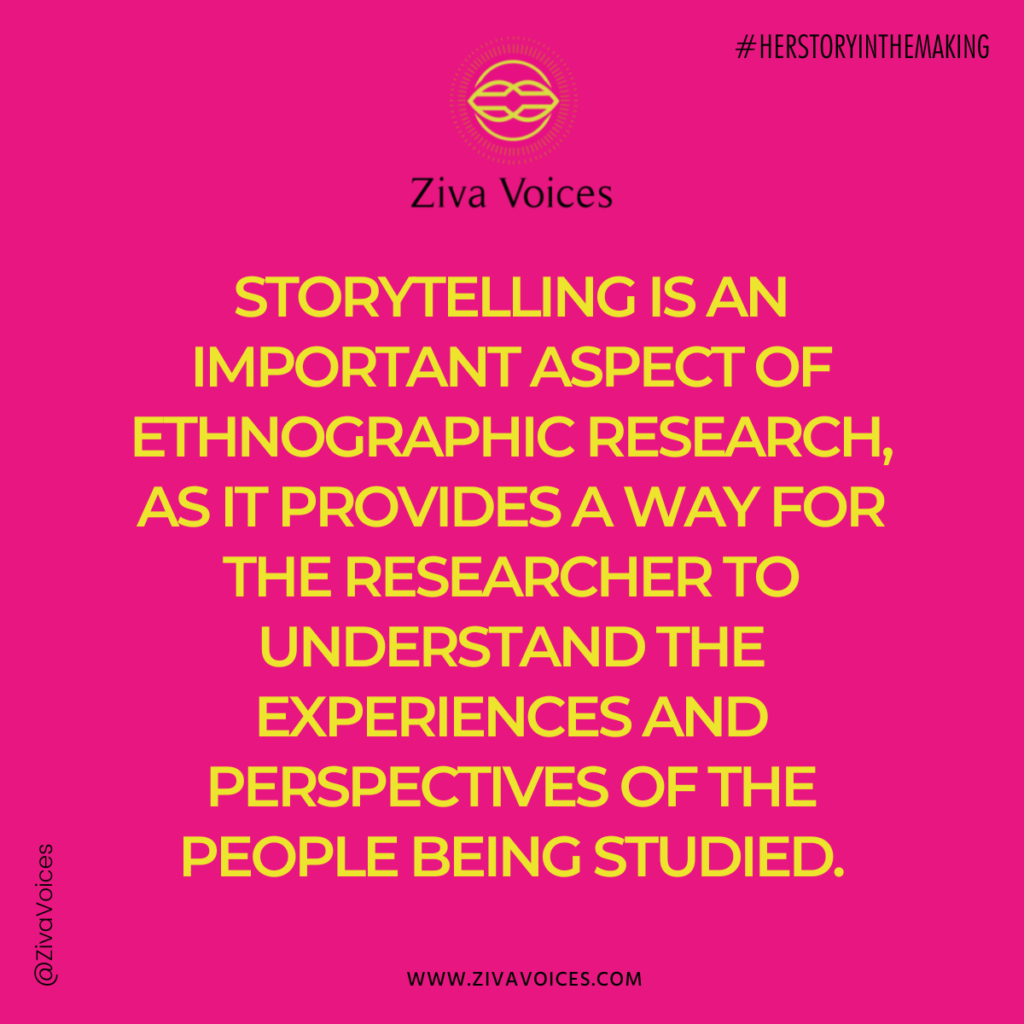
People’s stories really are worth listening to. And, nowhere is that more obvious than in storytelling abilities to improve awareness in society. There is still massive gender inequality, but just maybe, as we develop our individual and organizational awarenesses, we can also start to pay more attention to the serious problems (and missed opportunities) caused by gender inequality, too!!
Literatur:
McGregor, I., & Holmes, J. G. (1999). How storytelling shapes memory and impressions of relationship events over time. Journal of personality and social psychology, 76(3), 403.
Murray, S. L., & Holmes, J. G. (1994). Storytelling in close relationships: The construction of confidence. Personality and Social Psychology Bulletin, 20(6), 650-663.
Lewis, P. J. (2011). Storytelling as research/research as storytelling. Qualitative inquiry, 17(6), 505-510.
Polletta, F., Chen, P. C. B., Gardner, B. G., & Motes, A. (2011). The sociology of storytelling. Annual review of sociology, 37, 109-130.
